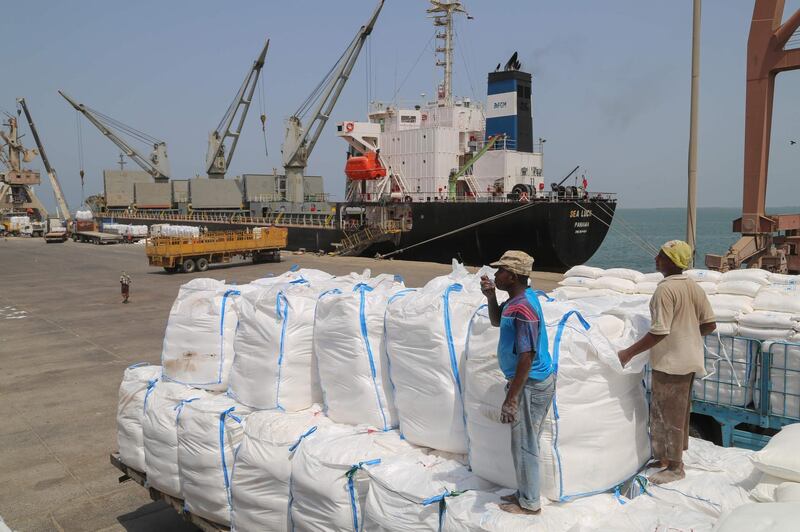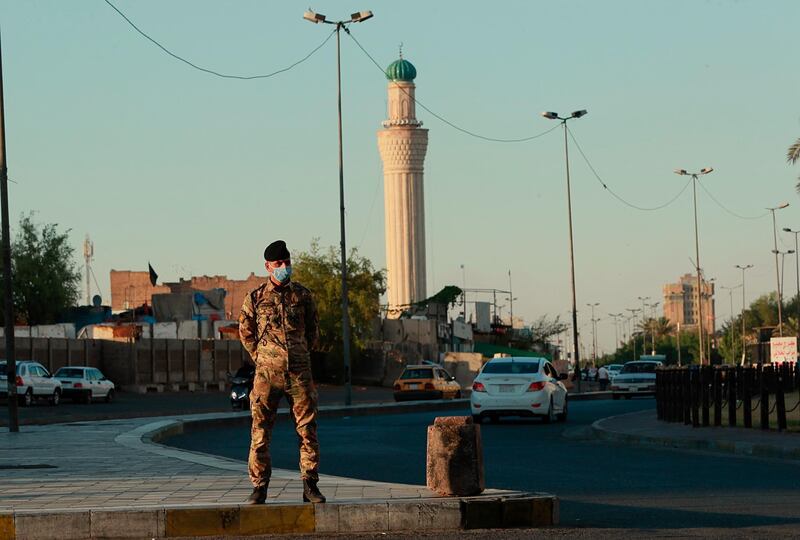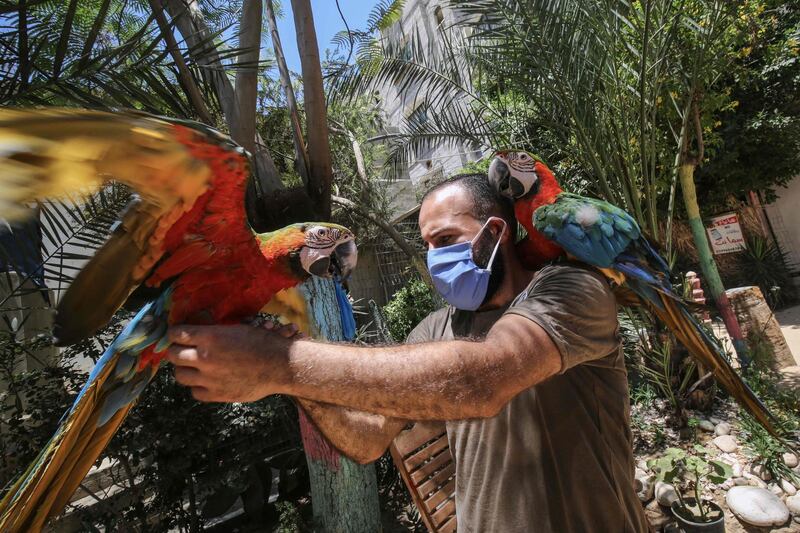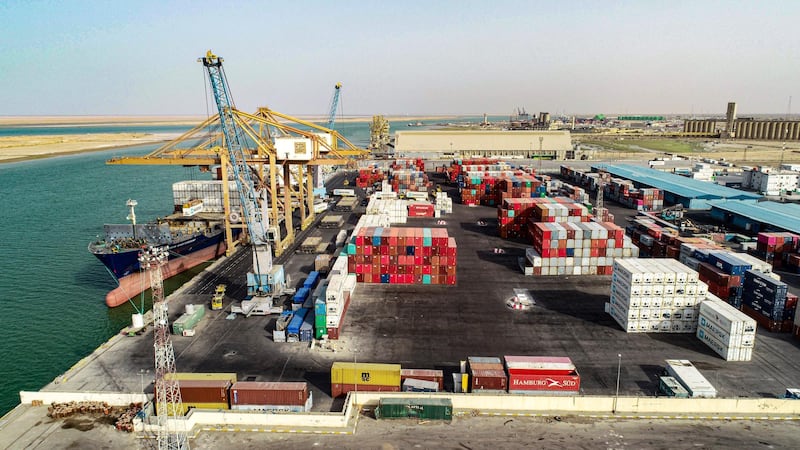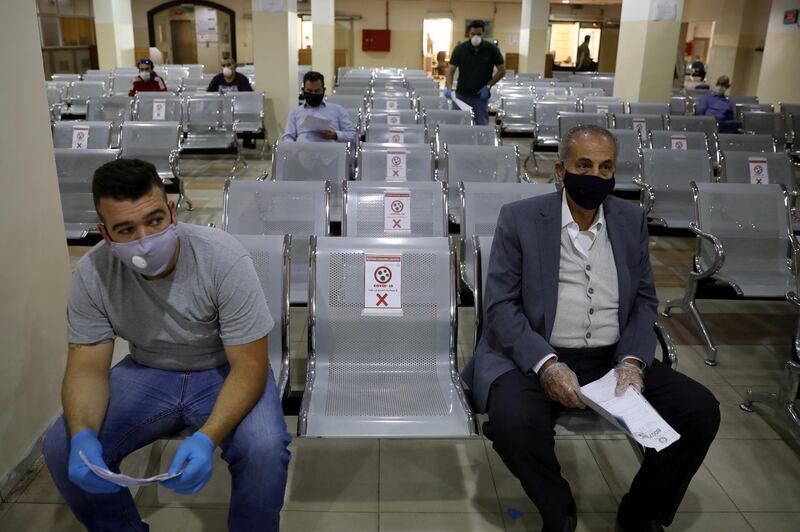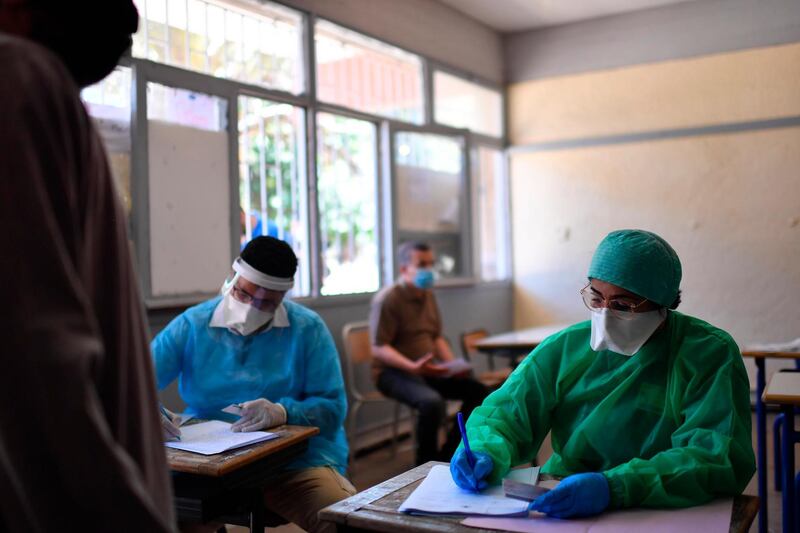Food crisis in the Middle East is likely to worsen as the novel coronavirus crisis spreads across the region, several UN agencies said on Wednesday.
Nearly 40 million people across Syria, Yemen, Sudan and Afghanistan were impacted by food shortages in 2019, the UN said, warning that coronavirus may create a new crisis or accelerate the existing situation.
“Our organisations are closely following the impact of the Covid-19 pandemic on the nutrition of those most affected, particularly the poor and most vulnerable communities in the region. Last year, one in five people were undernourished in the region,” regional directors of UN children’s agency (Unicef), the Food and Agriculture Agency, the World Food Programme and the World Health Organisation said in a statement.
The agencies called on the international community to double its efforts in ensuring the food supplies reach all areas in the region.
Prior to the outbreak of the virus families across the region were facing difficulties in terms of affording and gaining access to safe and nutritious foods.
Nearly 110 million people were undernourished in the region, according to the Global Report on Food Crises 2020, published by the WFP.
The statement said government, private sectors and donors must address “the availability, access and affordability of safe and nutritious foods and protect the nutrition of the most vulnerable families, children, pregnant and lactating women across the region”.
They advised the necessary entities with several points in ensuring that food supply chains "keep moving and safe and nutritious foods remain available."
This can be done by protecting the incomes and livelihoods of those dependent on agriculture and casual labour, the statement said.
Offer an alternative to school feeding and nutrition while schools are closed, by providing guidance to school staff, parents and children on the importance of safe and healthy diets, hygiene and physical activity for school-aged children, said the statement.
They also urged governments to set up a "food security and nutrition surveillance system" using mobile phones or web-based surveys to monitor food market functionality, coping mechanisms and food consumption patterns.
The system should have a "timely collection and an update of food security and nutrition information to identify populations at risk, monitor and address factors likely to have a negative impact on the nutrition status of vulnerable groups," said the statement.
In 2019, the WFP warned that nearly 183 million people in 47 countries were at risk of food shortage if another political or economic shock were to occur.
